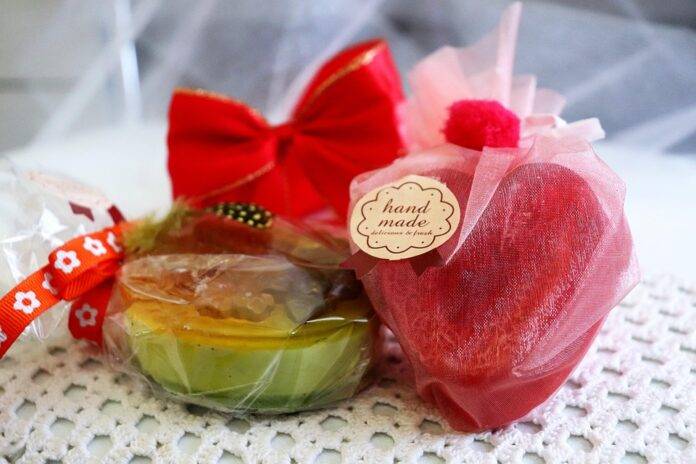The Future of Soap is Nourishing, Natural, and Food-Inspired
In recent years, there has been a growing trend towards natural and nourishing skincare products, and the soap industry is no exception. Consumers are becoming increasingly conscious of the ingredients in their personal care products, opting for products that are free from harsh chemicals and artificial additives. This shift in consumer preferences has paved the way for a new wave of soap products that are inspired by food ingredients and offer nourishing benefits for the skin.
The Rise of Natural and Nourishing Soap Products
One of the key drivers of the shift towards natural and nourishing soap products is the growing awareness of the potential harmful effects of synthetic chemicals found in traditional soaps. Ingredients such as parabens, sulfates, and artificial fragrances have been linked to skin irritation, allergies, and other health concerns. As a result, consumers are seeking out alternatives that are made with natural, plant-based ingredients that are gentle on the skin.
In response to this demand, many soap companies are incorporating food-inspired ingredients into their products. Ingredients such as honey, oats, coconut oil, and avocado are not only nourishing for the skin but also offer a range of benefits such as moisturization, exfoliation, and antioxidant protection. These natural ingredients are often rich in vitamins, minerals, and fatty acids that help to improve the overall health and appearance of the skin.
The Benefits of Natural and Food-Inspired Soap Products
Natural and food-inspired soap products offer a range of benefits for the skin. For example, honey is known for its moisturizing and antibacterial properties, making it an ideal ingredient for soothing dry or irritated skin. Oats have gentle exfoliating properties that help to remove dead skin cells and unclog pores, while coconut oil is a natural emollient that helps to hydrate and soften the skin.
In addition to their skincare benefits, natural and food-inspired soap products are also environmentally friendly. Many of these products are made with sustainably sourced ingredients and are free from synthetic chemicals that can harm the environment. This eco-conscious approach resonates with consumers who are increasingly concerned about the impact of their purchasing decisions on the planet.
Industry Insights and Market Trends
The natural and organic personal care market has been experiencing significant growth in recent years. According to data from Grand View Research, the global organic personal care market is expected to reach $25.11 billion by 2025, with skincare products accounting for the largest share of the market. This growth is driven by increasing consumer awareness of the benefits of natural and organic products, as well as a growing preference for sustainable and eco-friendly options.
In the soap industry specifically, there has been a rise in the number of small, independent brands that specialize in natural and nourishing soap products. These brands often focus on using high-quality ingredients, transparent sourcing practices, and environmentally friendly packaging to differentiate themselves in a crowded market. As a result, consumers have more choices than ever when it comes to selecting soap products that align with their values and preferences.
Financial Data and Actual Companies
One example of a company that is leading the way in the natural and food-inspired soap market is Dr. Bronner’s. Founded in 1948, Dr. Bronner’s is known for its organic and fair trade soap products that are made with ingredients such as coconut oil, olive oil, and hemp oil. The company has experienced steady growth in recent years, with annual revenues surpassing $100 million.
Another notable player in the natural soap market is Lush Cosmetics. Lush offers a range of handmade soap products that are made with fresh, organic ingredients such as fruits, vegetables, and essential oils. The company has a strong commitment to sustainability and ethical sourcing practices, making it a popular choice among environmentally conscious consumers. Lush has a global presence, with over 900 stores in more than 50 countries.
Conclusion
The future of soap is undoubtedly heading towards natural, nourishing, and food-inspired products. Consumers are increasingly seeking out skincare products that are free from harmful chemicals and offer tangible benefits for their skin. The rise of small, independent brands and the success of companies like Dr. Bronner’s and Lush Cosmetics are clear indicators of this trend. As the demand for natural and sustainable products continues to grow, we can expect to see even more innovation and creativity in the soap industry in the years to come.




